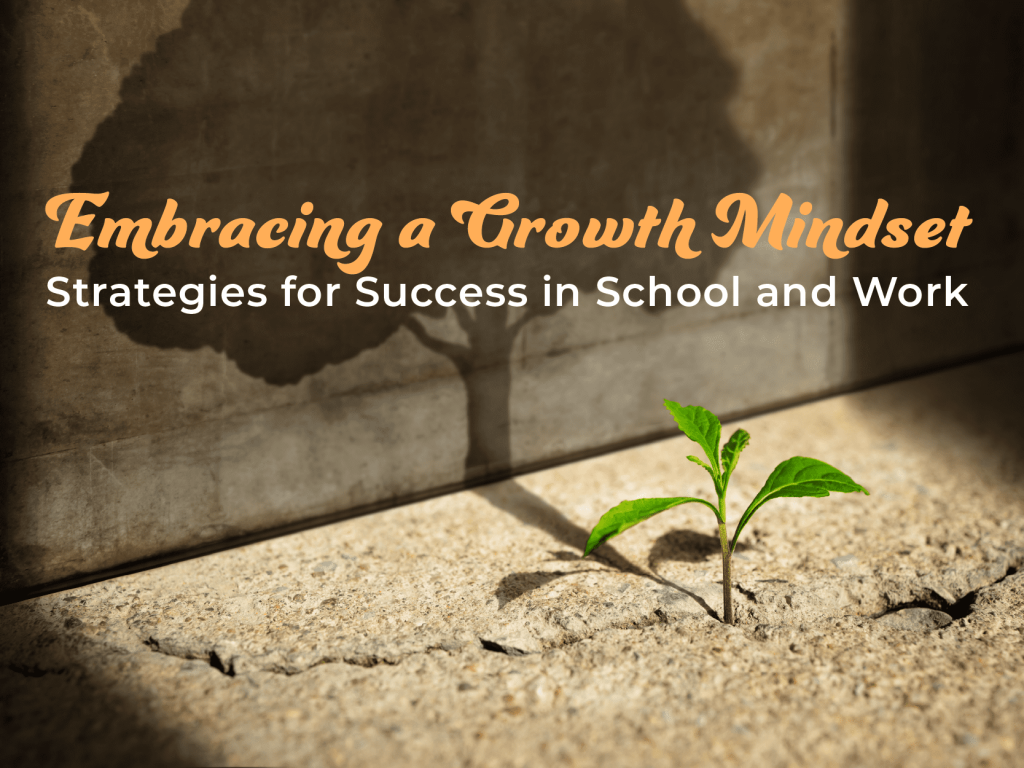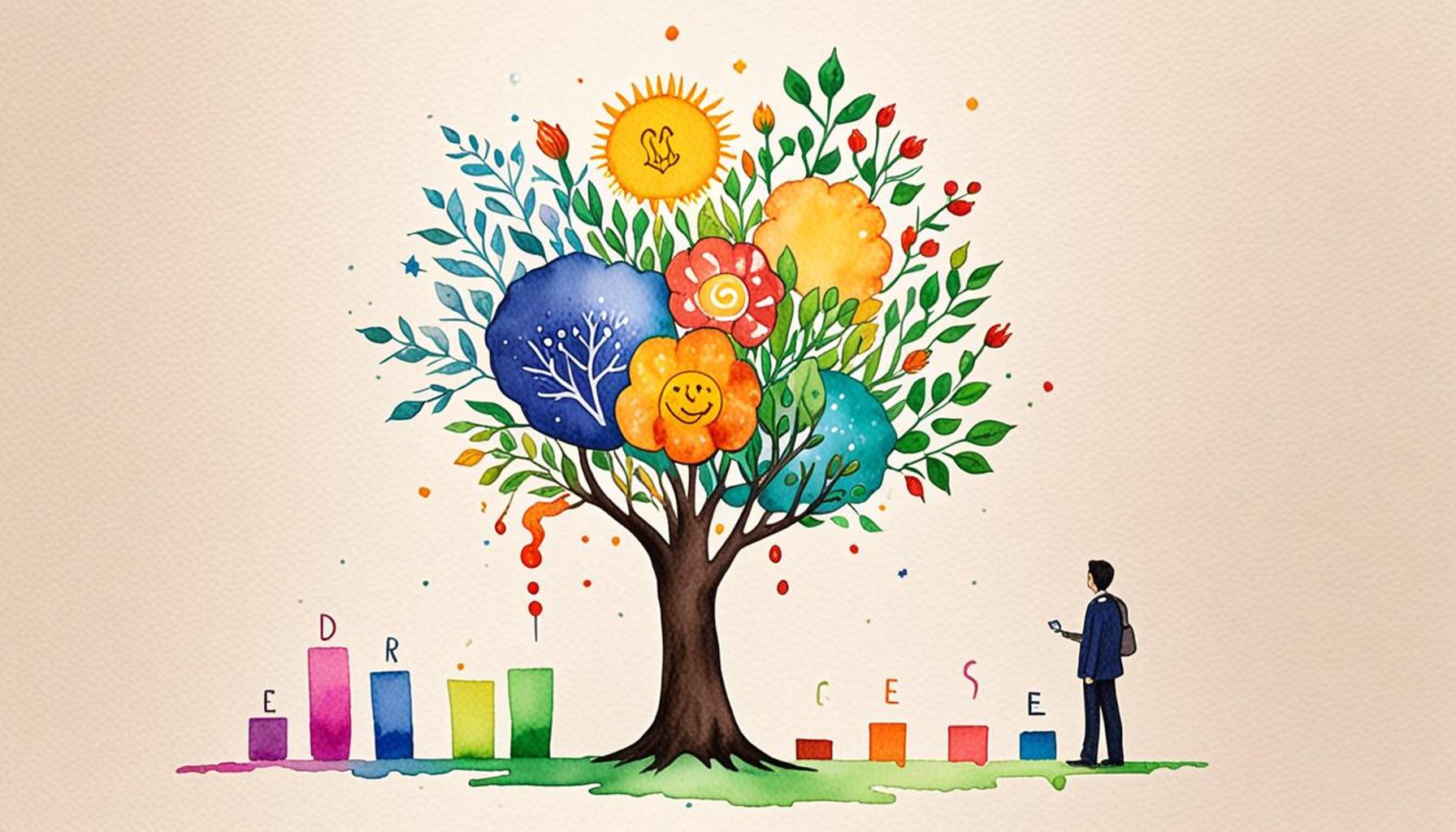Resilience as a Leadership Tool: Developing a Growth Mindset in High-Performance Teams

The Importance of Resilience in Leadership
In navigating today’s complex business landscape, resilience emerges as a fundamental leadership quality. This characteristic empowers leaders to not only respond effectively to immediate challenges but also to cultivate a workforce that is adaptable and innovative. The ability to remain steadfast and encouraging while facing adversities allows leaders to maintain team cohesion, especially in turbulent times.
One of the key facets of resilience is adaptability. Leaders who can swiftly alter their strategies in response to shifting market conditions set a powerful example for their teams. For instance, during the COVID-19 pandemic, many Nigerian businesses had to pivot quickly to digital platforms to maintain operations. Leaders who embraced this change encouraged their teams to follow suit, fostering innovative approaches that not only saved jobs but also opened new avenues for revenue generation.
Another critical quality is optimism, which plays a significant role in leadership effectiveness. Leaders who maintain a positive outlook can motivate their teams to view challenges as opportunities rather than setbacks. For example, in the tech industry, leaders at startups often face myriad obstacles, from securing funding to scaling operations. A leader who approaches these challenges with optimism can inspire their team to collaborate and push boundaries together, ultimately driving innovation.
Furthermore, a supportive environment is essential for resilience. Leaders who create a safe space for team members to express their concerns, brainstorm fresh ideas, and even fail without judgment nurture a culture of trust and creativity. In Nigeria, where the workforce is notably diverse, it is crucial for leaders to recognize and value each member’s unique contributions, thereby enhancing team dynamics.
Fostering a Growth Mindset
Transitioning from resilience to a growth mindset is a vital component of long-term success. This approach involves several key strategies. Continuous learning is at the forefront; leaders should encourage their teams to pursue ongoing education in their respective fields. This not only broadens individual skill sets but also positions teams to adapt to evolving market demands. For instance, Nigerian professionals in agriculture can benefit from training in sustainable farming techniques, ultimately improving productivity and resilience against climate change.

Furthermore, implementing feedback mechanisms such as regular check-ins allows for constructive dialogues focused on both successes and areas for improvement. By openly discussing what works and what doesn’t, teams can pivot effectively and learn collectively from experiences. This culture of transparency fosters a collaborative spirit, vital for tackling complex tasks common in industries like finance and technology.
Above all, promoting collaboration within teams not only encourages bonding but also enhances problem-solving capacities. In Nigeria, where teamwork is often essential for navigating the entrepreneurial landscape, leaders who advocate collaborative efforts can significantly drive innovative solutions and streamline project outcomes.
In conclusion, as we explore the multifaceted concept of resilience and its profound connection with leadership, it becomes evident that fostering a growth mindset is instrumental in transforming challenges into avenues for growth. As Nigerian businesses adapt to the fast-paced global market, embracing resilience and a growth mindset will undoubtedly contribute to their sustained success and adaptability in an ever-changing environment.
ADDITIONAL INSIGHTS: Expand your understanding here
Harnessing Resilience for Optimal Team Performance
The intersection of resilience and leadership cannot be overstated when it comes to fostering high-performance teams. As leaders strive to navigate challenges and cultivate an environment conducive to growth, it is essential to recognize the specific elements that enable teams to thrive amidst adversity. Resilience, in a leadership context, serves as both a shield against setbacks and a catalyst for innovation.
At the heart of this exploration lies the concept of a growth mindset. Coined by psychologist Carol Dweck, a growth mindset embodies the belief that abilities and intelligence can be developed over time. This notion is pivotal in the Nigerian corporate landscape, where traditional views often emphasize fixed talents. When leaders model and promote a growth mindset, they enable their teams to embrace challenges, persist through difficulties, and ultimately enhance their performance.
To implement a growth mindset effectively within teams, leaders can adopt several strategies:
- Encourage Open Communication: Creating a culture of openness enables team members to share ideas freely and express concerns. This practice is invaluable in industries like technology and healthcare, where innovation and adaptability are crucial. By listening actively and acknowledging team feedback, leaders can refine processes and foster a collaborative environment.
- Value Continuous Learning: In Nigeria, skills development is ever more pertinent. Encouraging team members to pursue further education and certifications not only bolsters their confidence but equips them to tackle evolving market demands. Leaders can facilitate this by collaborating with educational institutions or providing access to online courses tailored to industry needs.
- Celebrate Efforts, Not Just Outcomes: Shifting the focus from purely results-based evaluations to recognizing effort fosters resilience. Leaders should celebrate both successful projects and the learning experiences gained from failures. This practice empowers team members to view setbacks as stepping stones rather than hindrances, building a culture of resilience.
- Implement Mentorship Programs: Connecting less experienced team members with seasoned professionals can enhance knowledge transfer and instill confidence. These relationships can provide guidance, support, and constructive feedback, essential elements for growth. This mentorship model has been notably effective in Nigerian sectors like oil and gas and agriculture, where expertise is critical.
Moreover, it is essential for leaders to model resilience actively. By demonstrating how to navigate challenges and setbacks with composure and determination, they inspire their teams to adopt similar attitudes. Leaders can share personal stories of overcoming adversity or lessons learned from failure, illustrating the importance of resilience as a vital leadership tool.
As we delve deeper into the role of resilience and a growth mindset, it becomes evident that these elements not only enhance individual capabilities but also strengthen overall team dynamics. Consequently, the journey toward creating high-performance teams in Nigeria calls for a collective embrace of resilience and growth, ultimately paving the way for sustained success in a rapidly changing world.
| Advantage | Description |
|---|---|
| Enhanced Problem-Solving Skills | Teams with a growth mindset approach challenges as opportunities, driving innovative solutions. |
| Improved Team Cohesion | A resilient culture promotes trust and support, fostering collaborative efforts among team members. |
| Higher Adaptability | Embracing resilience enables teams to swiftly adjust to changes in the business landscape. |
| Increased Engagement | Team members are more motivated and committed when they feel capable of overcoming obstacles. |
Incorporating resilience into leadership practices not only benefits individual team members but also amplifies the performance of the entire group. By nurturing a growth mindset, leaders can cultivate a culture that promotes emotional intelligence, allowing team members to learn from feedback and setbacks. The ability to bounce back from failure, rather than seeing it as a dead end, encourages a proactive approach to challenges. This resilience becomes a pivotal tool for leaders aiming to enhance their teams’ capabilities and strengthen their overall performance in high-stakes environments. Moreover, data shows that organizations that actively engage in fostering resilience see a significant increase in productivity and overall team satisfaction. It positions them for success by creating a supportive environment where creativity and innovation thrive, transforming teams into high-performance units. Organizations should not only seek to understand the significance of resilience but also implement strategic initiatives that cultivate this essential skill.
CHECK OUT: Click here to explore more
Building a Culture of Resilience and Adaptability
As organizations maneuver through the complexities of the modern business landscape, cultivating a culture that embraces resilience and adaptability becomes indispensable. This culture not only impacts team performance but also shapes the organizational identity. For Nigerian companies, instilling such a culture requires conscious, strategic efforts from leadership.
A vital aspect of nurturing a resilient team is fostering a sense of psychological safety. Psychological safety allows team members to express their thoughts and ideas without fear of judgment or retribution. This concept, popularized by Harvard Business School professor Amy Edmondson, emphasizes the importance of creating spaces where individuals can voice concerns, propose innovations, and experiment without the anxiety of potential failure. Nigerian leaders can cultivate this by publicly validating contributions from every team member and actively soliciting input in decision-making processes, fostering an environment ripe for creativity and growth.
Furthermore, leaders must emphasize the importance of adaptable problem-solving skills. Encouraging teams to explore various solutions to a challenge rather than fixating on a singular approach cultivates not only resilience but also versatility. By incorporating design thinking methodologies in team brainstorming sessions, organizations can empower members to tackle obstacles with creative solutions. For example, Nigerian startups have increasingly adopted agile practices to quickly pivot as market demands evolve, showcasing how innovation can stem from a resilient mindset.
Another key strategy involves the utilization of data-driven decision-making. By embracing data analytics, teams can gain insights into trends and challenges, allowing for informed, swift responses to changes. In sectors such as agriculture, Nigerian agritech firms are harnessing data to optimize resource allocation and enhance yield, demonstrating how a resilient mindset can lead to significant operational improvements. This reliance on data not only reinforces a growth mindset but also encourages teams to embrace changes, learning from their outcomes instead of fearing them.
Leaders should also prioritize resilience training and workshops to equip teams with essential tools for navigating adversity. Programs that focus on stress management techniques, emotional intelligence, and conflict resolution can enhance team members’ ability to withstand pressures and bounce back from challenges. These initiatives are already gaining traction in various corporate circles across Nigeria, with organizations investing in comprehensive training to ensure their workforce remains equipped to face uncertainties.
It’s critical to measure progress in cultivating a resilient and growth-oriented atmosphere. Tools like employee engagement surveys and performance metrics can gauge the impact of implemented strategies. Tracking improvements in team morale, productivity, and innovation can provide valuable insights into the effectiveness of resilience-focused initiatives.
Incorporating diversity within teams can also significantly enhance resilience. Diverse backgrounds contribute different perspectives that can enrich problem-solving strategies. Nigerian companies that embrace diversity are discovering the strengths that come from a variety of viewpoints, leading to more innovative solutions and greater adaptability in a dynamic economic environment.
As organizations in Nigeria embark on this developmental journey, the intertwining of resilience and a growth mindset in leadership cannot be underestimated. By consciously integrating these elements into the corporate fabric, leaders will not only prepare their teams for the challenges ahead but also unlock the potential for remarkable success in an ever-changing world.
RECOMMENDED: Check out this similar article
Conclusion
In summary, resilience emerges as a fundamental leadership tool that equips teams to thrive amidst uncertainty and challenges. Developing a growth mindset within high-performance teams not only enhances their ability to adapt but also fosters a culture of continuous learning and innovation. As Nigerian organizations navigate a rapidly evolving economic landscape, the adaptation of strategies such as psychological safety, diverse perspectives, and data-driven decision-making becomes crucial for cultivating resilient teams.
Leaders with the foresight to invest in training programs focusing on emotional intelligence and stress management create environments where team members feel empowered to contribute openly without the fear of failure. Additionally, the integration of design thinking methodologies and adaptable problem-solving practices enhances creativity, allowing teams to explore multiple avenues for success.
Furthermore, a commitment to measuring and tracking progress through performance metrics and employee feedback forms the backbone of resilient organizations. By doing so, companies not only acknowledge their achievements but also learn valuable lessons from setbacks. Nigerian firms that emphasize resilience and adaptability will not only weather the storms of market fluctuations but will also position themselves as leaders in their respective sectors.
As we move forward, fostering a culture enriched by resilience and a growth mindset will be instrumental not only for individual team success but for the broader organizational identity. Leaders who prioritize these values today will undoubtedly pave the way for an innovative and agile workforce ready to embrace the challenges of tomorrow.


